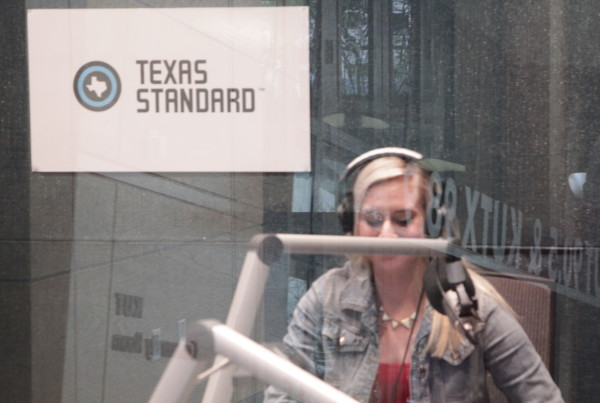There are only eight weeks left until voting day in November, and four weeks until Oct. 9, the last day to register to vote in Texas. So this is inevitably the time in the election cycle when one word crops up over and over again: polls.
In several polls of likely or registered Texas voters, incumbent Ted Cruz is ahead in the race to keep his senate seat – but to varying degrees. The Texas Lyceum Poll has him ahead of Beto O’Rourke by two percentage points, while the Emerson College Poll has them separated by just one point. In the Quinnipiac University Poll, the candidates are six points apart.
One poll conducted by Mason-Dixon Strategy for Telemundo surveyed Hispanic voters in the Rio Grande Valley. That poll showed that O’Rourke is ahead by a lot. But Carlos Sanchez, politics and news editor for Texas Monthly, says the O’Rourke campaign shouldn’t be overconfident just yet.
“Generally, as a base, you should consider that the Latino vote [in] Texas will be split 60-40 along party lines. So Democrats should be getting 60 as a base,” Sanchez says.
Sanchez says O’Rourke needs a larger percentage of Hispanic voters than that to win.
With Hispanic candidate Lupe Valdez leading the Democratic ticket in the gubernatorial race, some assume it’s inevitable that Democrats will earn an even larger share of Hispanic votes than usual. But Sanchez says Valdez isn’t turning out to be a strong candidate.
“For all practical purposes, Lupe Valdez, because of a lack of money, has virtually dropped off the radar in her campaign,” Sanchez says.
He says she and Gov. Greg Abbott are virtually tied among Hispanic voters, with Valdez polling at a 44 percent favorability, and Abbott at 38 percent. As a result, he says Valdez may not provide much benefit to the O’Rourke campaign.
The Telemundo poll does show that support for both Democrats is strong along the border. But in some cities in the interior of the state, Valdez isn’t doing as well.
“In Houston, for example, both Abbott and Valdez are tied at 39 percent among Hispanic support,” Sanchez says. “The extraordinary one is Hispanic-heavy San Antonio; Abbott actually leads Valdez by a margin of 43 percent to 40 percent.”
That poll has a four percent margin of error.
Sanchez says Valdez’ weakness offers an opportunity for Republicans. They may benefit from the fact that many Texas Hispanics are socially conservative, and may be sympathetic to Abbott’s message.
“The real challenge, however, is getting [Hispanics] to come out and vote,” Sanchez says.
Hispanic turnout historically lags behind other groups, and Sanchez says many say their concerns aren’t being addressed by candidates.
Written by Shelly Brisbin.
















